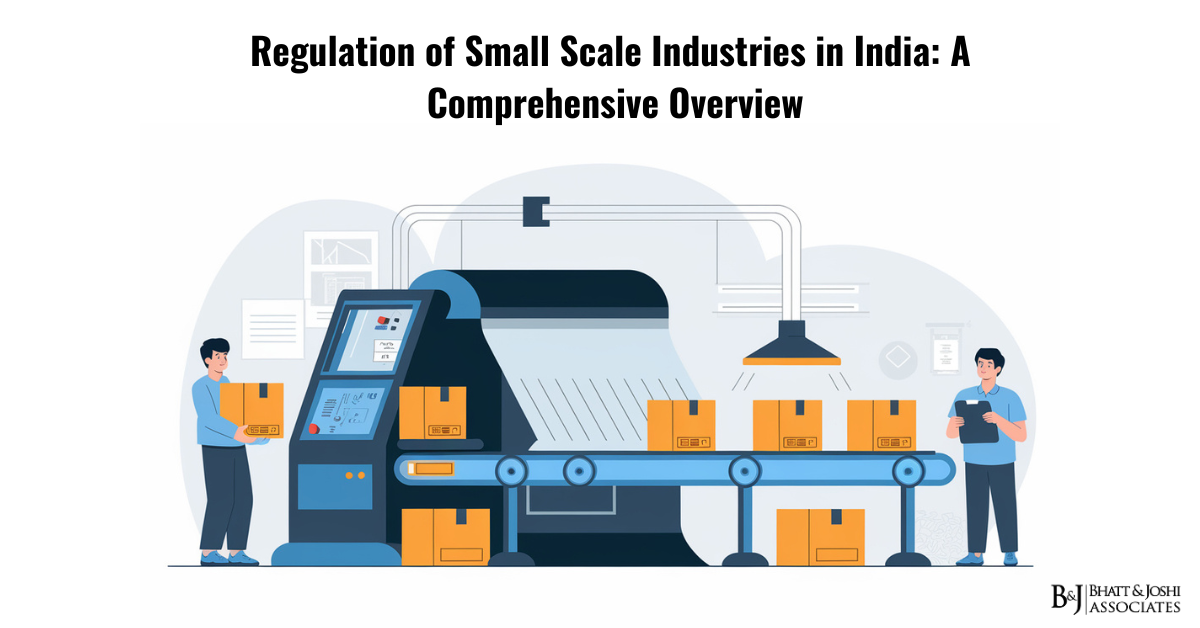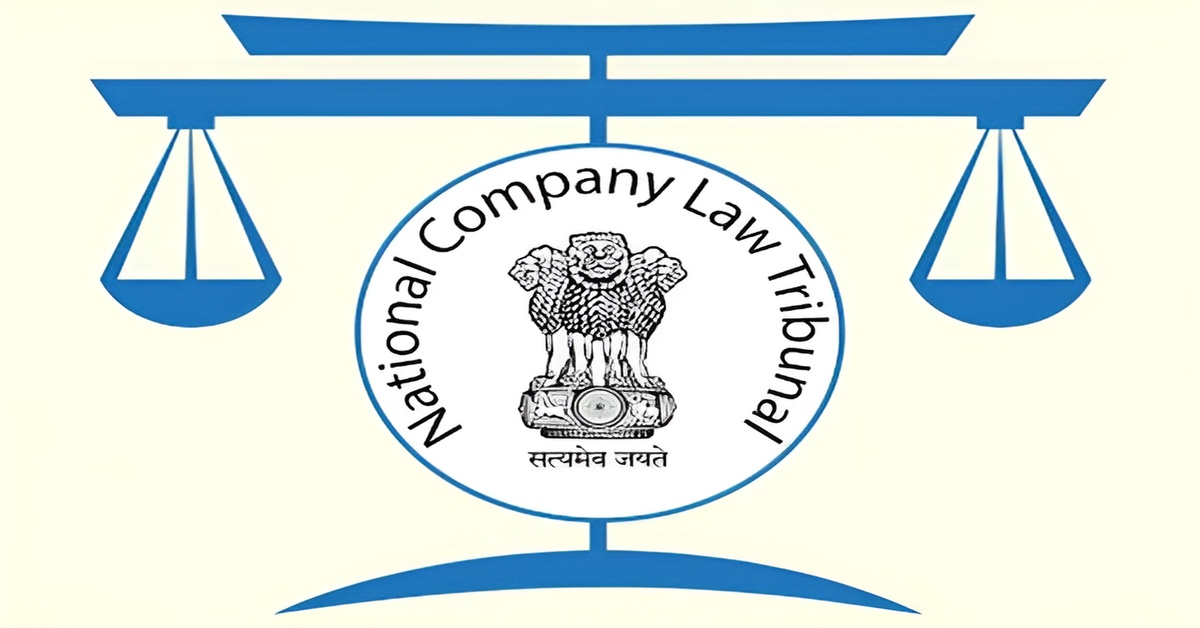Introduction
Small Scale Industries (SSIs) form the backbone of India’s industrial landscape, playing a crucial role in the country’s economic development. These industries are characterized by their relatively small capital investment and high labor absorption, making them vital for employment generation and balanced regional growth. This document provides an in-depth exploration of the regulatory framework, laws, and significant case laws governing the Small Scale Industries sector in India.
Regulatory Body: Small Industries Development Organization (SIDO)
The primary regulatory authority for the Small Scale Industries sector is the Small Industries Development Organization (SIDO), now known as the Office of the Development Commissioner (MSME). Operating under the Ministry of Micro, Small and Medium Enterprises, Government of India, SIDO serves as the apex body for formulating, coordinating, and monitoring policies and programs for the promotion and development of small scale industries in the country.
SIDO’s mandate extends beyond mere regulation. It acts as a facilitator for small enterprises, providing a wide spectrum of services including consultancy in techno-economic and managerial aspects, training for entrepreneurship development, marketing assistance, and technological upgradation. The organization works in close collaboration with central ministries, state governments, financial institutions, and other stakeholders to create an enabling environment for the growth of small scale industries.
Legal Framework Governing Small Scale Industries in India
The legal framework governing Small Scale Industries in India has evolved significantly over the years, reflecting the changing economic landscape and development priorities of the country. The current regulatory structure is primarily centered around the Micro, Small and Medium Enterprises Development Act, 2006, which replaced the earlier concept of Small Scale Industries with a more comprehensive definition of Micro, Small and Medium Enterprises (MSMEs).
Micro, Small and Medium Enterprises Development Act, 2006
This landmark legislation provides the legal basis for the definition of micro, small and medium enterprises and outlines the framework for their promotion and development. The Act defines MSMEs based on their investment in plant and machinery (for manufacturing enterprises) or equipment (for service enterprises). It’s important to note that in 2020, the government revised these definitions to include turnover criteria and remove the distinction between manufacturing and service enterprises.
Section 9 of the Act outlines the measures for promotion and development of MSMEs:
“The Central Government may, from time to time, for the purposes of facilitating the promotion and development and enhancing the competitiveness of micro, small and medium enterprises, by notification, specify programmes, guidelines or instructions for facilitating the promotion and development and enhancing the competitiveness of such enterprises, particularly of the micro and small enterprises, including measures for— (a) the facilitation of technology upgradation; (b) improving the availability of credit; (c) facilitating marketing facilities; (d) providing infrastructural facilities; (e) facilitating training and skill upgradation; (f) providing welfare measures for employees; (g) any other matter which may be specified.”
The Act also provides for the establishment of the Micro and Small Enterprises Facilitation Council to facilitate the promotion and development of MSMEs and to enhance their competitiveness.
Industries (Development and Regulation) Act, 1951
While this Act primarily deals with large industries, it has implications for small scale industries as well. It empowers the central government to regulate industrial development and provides for the reservation of certain items for exclusive manufacture in the small scale sector.
Factories Act, 1948
This Act regulates the working conditions in factories and is applicable to small scale industries employing 10 or more workers. It lays down provisions for health, safety, and welfare of workers, working hours, and leave entitlements.
Significant Case Laws Impacting Small Scale Industries in India
Several significant court judgments have shaped the interpretation and implementation of regulations affecting the Small Scale Industries sector in India.
Laghu Udyog Bharati v. Union of India (2017)
In this landmark case, the Supreme Court of India emphasized the importance of supporting MSMEs. The court observed:
“The MSME sector is the backbone of the national economic structure and has unremittingly acted as the bulwark for the Indian economy, providing it resilience to ward off global economic shocks and adversities. It is, therefore, imperative that the government continues to support this sector through appropriate policies and measures.”
This judgment underscored the need for continued government support and favorable policies for the MSME sector, including small scale industries.
Balwant Rai Saluja & Anr. v. Air India Ltd. & Ors. (2014)
This case dealt with the issue of delayed payments to small scale industries. The Supreme Court highlighted the importance of timely payments, stating:
“Delayed payments to small scale industries can severely impact their working capital and overall viability. It is crucial for large enterprises and government bodies to ensure prompt payment to their small scale suppliers to maintain the health of this vital sector.”
This judgment reinforced the provisions of the MSMED Act regarding delayed payments and emphasized the responsibility of larger enterprises towards their small scale suppliers.
All India Plastic Industries Association v. Union of India (2019)
In this case, the Delhi High Court dealt with the issue of plastic waste management regulations and their impact on small scale plastic manufacturing units. The court observed:
“While environmental concerns are paramount, regulations must take into account the unique challenges faced by small scale industries. A balanced approach is needed to ensure environmental protection without unduly burdening small enterprises that may lack the resources for immediate compliance.”
This judgment highlighted the need for a nuanced approach to regulation, taking into account the specific circumstances of small scale industries.
Recent Developments and Initiatives
The regulatory landscape for Small Scale Industries continues to evolve, with several recent initiatives aimed at addressing contemporary challenges and opportunities.
The government has launched the Udyam Registration portal, a simplified registration process for MSMEs. This initiative aims to ease the process of formal registration for small enterprises, enabling them to access various government schemes and benefits more easily.
The Credit Guarantee Fund Scheme for Micro and Small Enterprises (CGTMSE) has been expanded to provide collateral-free credit to MSMEs. This scheme aims to address one of the most significant challenges faced by small scale industries – access to credit.
The government has also introduced the Trade Receivables Discounting System (TReDS), an electronic platform for facilitating the financing of trade receivables of MSMEs from corporate buyers through multiple financiers. This initiative aims to address the working capital challenges faced by small scale industries due to delayed payments.
The Technology Centre Systems Programme (TCSP) is another significant initiative aimed at improving the competitiveness of MSMEs through access to advanced technologies and skilling. Under this program, new Technology Centres are being established and existing ones are being upgraded to serve as hubs for technological innovation and skill development.
Challenges and Future Outlook for Small Scale Industries Sector
Despite the supportive regulatory framework and various initiatives, the Small Scale Industries sector faces several challenges. Access to credit remains a significant issue, with many small enterprises struggling to secure formal financing. The sector also faces challenges in terms of technological upgradation, with many units using outdated technologies that hamper their productivity and competitiveness.
Marketing and market access is another area of concern, particularly in the face of increasing competition from larger domestic firms and imports. Many small scale industries struggle to adapt to changing market demands and consumer preferences.
The COVID-19 pandemic has further exacerbated these challenges, with many small scale industries facing severe disruptions to their operations and markets. This has highlighted the need for more robust support mechanisms and policies to enhance the resilience of the sector.
Looking ahead, the regulatory framework for Small Scale Industries is likely to evolve in response to these challenges. Future regulatory efforts may focus on further simplifying compliance requirements for small enterprises, possibly through greater use of technology and digital platforms.
There may also be a push for more targeted interventions to address sector-specific challenges. This could include customized schemes for technology upgradation in different industry segments, or targeted skill development programs to address specific skill gaps.
The integration of small scale industries into global value chains is likely to be another area of focus. This could involve regulations and incentives to promote partnerships between small scale industries and larger enterprises, both domestic and international.
As sustainability becomes increasingly important, we may see more regulations and incentives aimed at promoting sustainable practices in small scale industries. This could include measures to encourage energy efficiency, waste reduction, and the adoption of green technologies.
Conclusion
The regulatory framework governing India’s Small Scale Industries sector reflects a commitment to nurturing this vital segment of the economy. From the comprehensive MSMED Act to recent initiatives like the Udyam Registration portal, the legal and policy landscape demonstrates an evolving approach to supporting small enterprises.
As India continues to navigate the challenges of globalization, technological change, and sustainable development, the regulatory approach to Small Scale Industries will likely need further refinement. The key lies in striking a balance between providing support and ensuring competitiveness, between easing compliance burdens and maintaining necessary standards.
The future of Small Scale Industries regulation in India will depend on the effective implementation of existing laws, continuous dialogue between stakeholders, and a willingness to adapt policies to address emerging challenges. By fostering an environment that encourages innovation, facilitates access to resources, and promotes sustainable practices, India can ensure that its Small Scale Industries sector not only survives but thrives, continuing to serve as a crucial engine of economic growth and employment generation.














